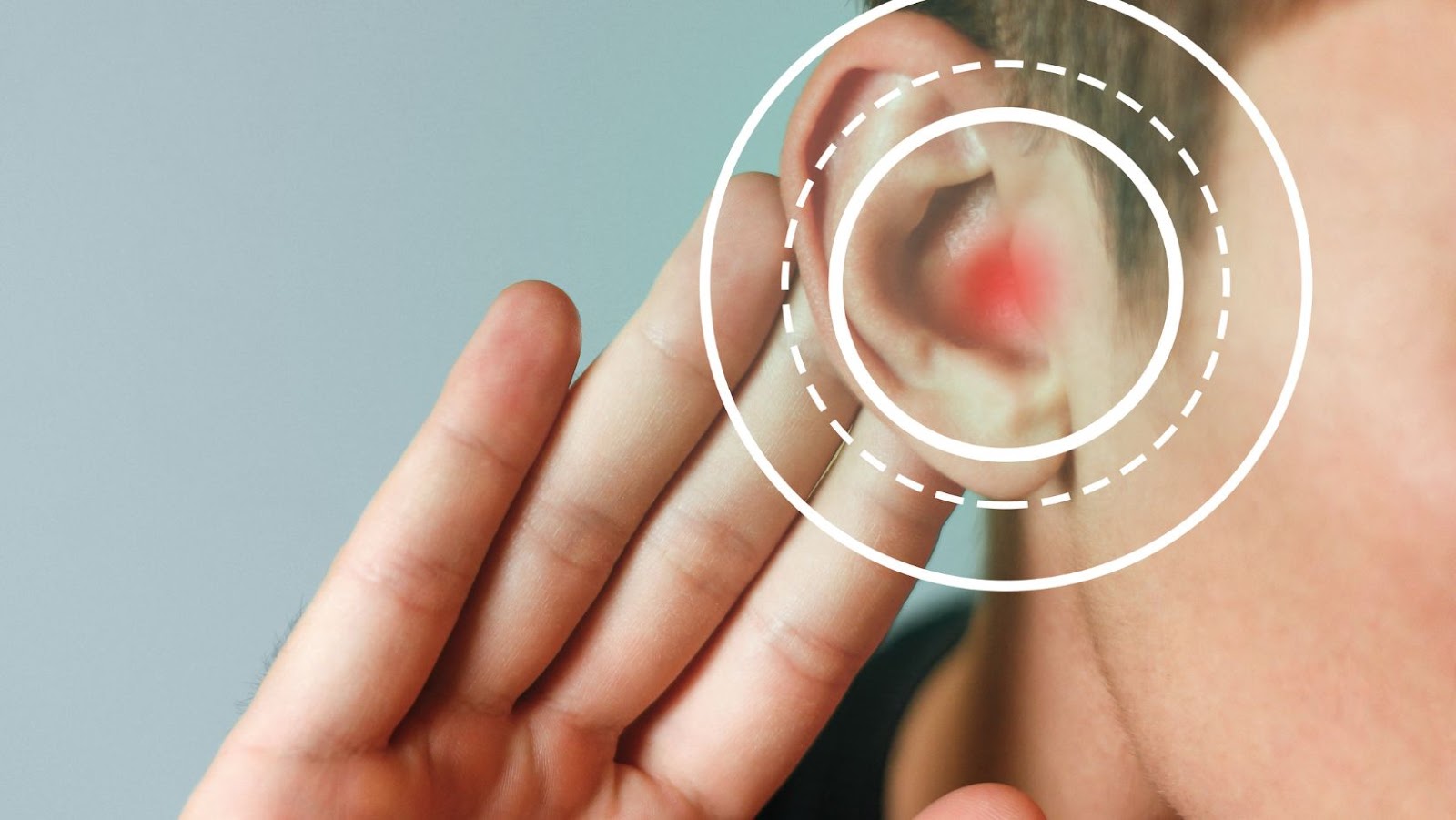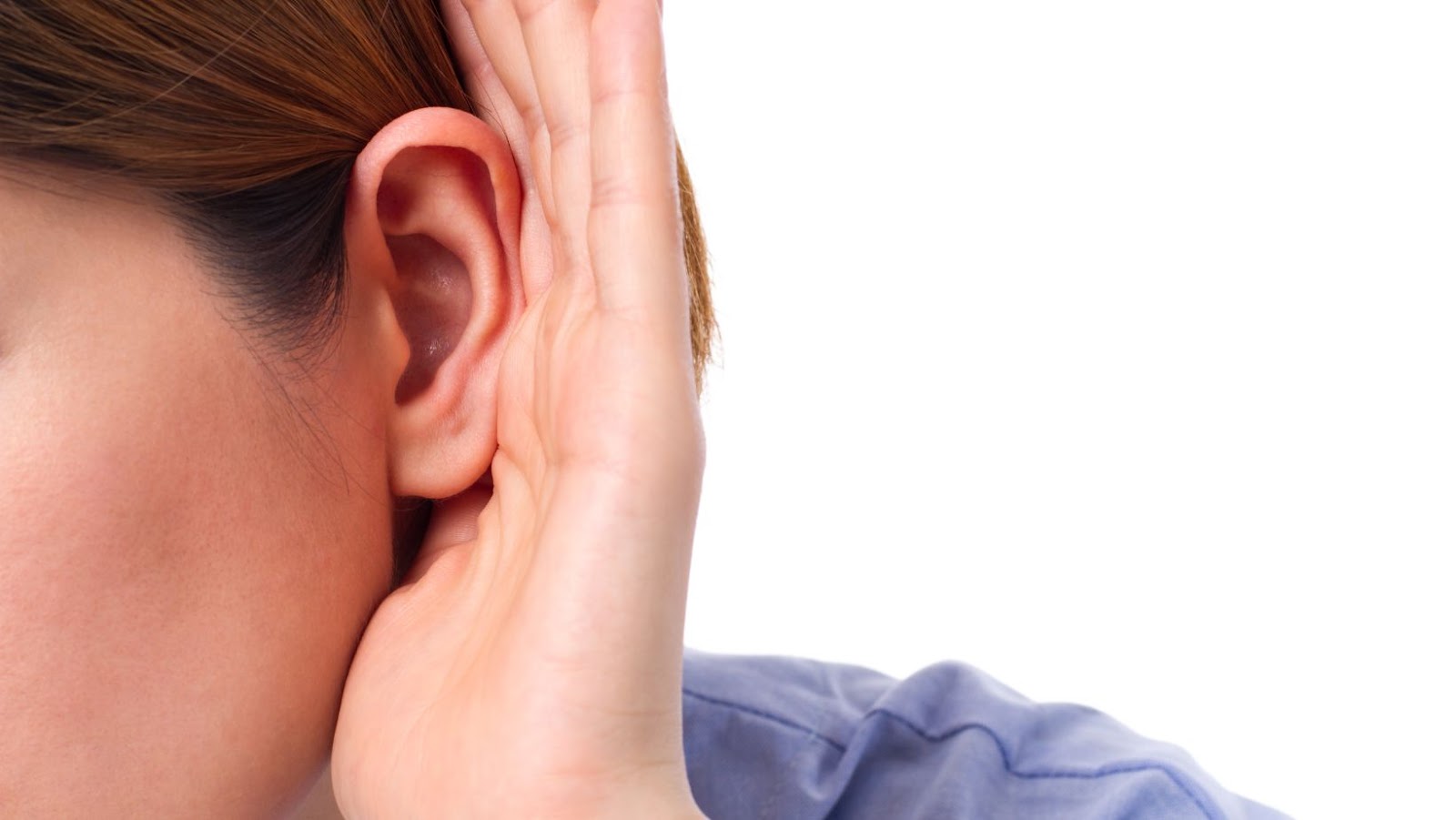
As our loved ones age, more and more health problems may crop up, which need to be treated promptly before they cause severe damage. One aspect of health you may not consider is thyroid function, which can impact many different systems of the body – including the eyes.
When we find out about an illness, the first thing we seek is whatever treatment is FDA-approved, and we might not look deeply into the side effects. After all, many side effects are rare, even if they can be very serious: it can seem far more important to get the condition under control and simply deal with whatever issues arise from treatment. However, some side effects can cause permanent damage that can be just as debilitating as the original disease, and it’s essential that you inform yourself about these possibilities, even for illnesses you may never imagine you or a loved one might suffer from.
One of those is Graves’ eye disease, which has a prevalence of 4.5% to 9.4% in the general population older than 40 years of age. That seems like a small number, but consider that heart disease, a far more well-known illness, has a prevalence of 5.5% in the general population. Graves’ disease, which causes Graves’ eye disease, is the most common form of hyperthyroidism, which is when your thyroid gland makes too much of the hormone, impacting your entire body’s functioning, including your eyes.
It’s estimated that up to 50% of those with Graves’ disease will eventually develop eye problems, which can even cause blindness if not promptly treated.
Tepezza: Its Usage and Side Effects
Tepezza is the only FDA-approved treatment for Graves’ eye disease. It is an intravenous medication given as an infusion once every three weeks for a total of eight injections. The medication blocks certain receptors in the eye that cause inflammation and change the way that the eye rebuilds itself over the regular course of growth. In short, Tepezza helps to reduce inflammation, which causes swelling in the eye that causes double vision and blurred vision.
However, as with many medications, Tepezza can cause adverse effects, one of which is tinnitus and hearing loss. Tinnitus is often known as “ringing in the ears” and can cause whistling, clicking, and ringing noises. There are many causes of tinnitus, from mechanical damage to the ears and exposure to loud noises; however, one common cause is medication side effects – including Tepezza.

Tinnitus may not seem like a big deal, but it can seriously impact a person’s enjoyment of life, making it difficult to focus. In extreme cases, it can cause severe hearing loss that must be rectified through hearing aids or other therapies. Tepezza can also cause hearing loss without tinnitus, as well as a condition known as autophony, where one’s own voice seems far too loud.
All of these issues can be painful, frustrating, and distracting, which is the last thing anyone needs when they’re already dealing with a serious illness like hyperthyroidism. That’s why personal injury lawyers across the United States are working on getting Tepezza patients compensation which can help them access the treatments necessary to reduce the side effects of this medication.
If You or a Loved One Have Experienced Hearing Loss or Tinnitus From Tepezza, What’s Next?
It might be tempting to just deal with the side effects of Tepezza, even if they impinge on your well-being and enjoyment of life, but you shouldn’t have to – and you don’t. You can access treatments that can reduce tinnitus and help you adjust to hearing loss; however, these treatments can be expensive, especially if you are already paying for therapies related to your Graves’ eye disease. That’s why you can reach out to a lawyer and discuss how you can get justice for the side effects you’ve suffered as a result of this medication.

The best thing to do if you find yourself suffering from damages caused by Tepezza is to reach out to a qualified personal injury lawyer working on these cases related to the medication. You have many options available to you, and the lawyer will explain how you can receive compensation for the damages caused by this medication, from settling out of court to pursuing a lawsuit. They will also advise you on the types of evidence you need to prove that you have been adversely affected by Tepezza, and they can negotiate with the pharmaceutical company on your behalf. It’s scary to think about going up against a large pharmaceutical company, but you don’t have to do it alone: experienced personal injury lawyers can represent you and work to help you get the compensation you deserve.
Final Thoughts
We often don’t think about the many issues that can crop up throughout our lives, especially those that are lesser-known, like Graves’ eye disease. However, having knowledge of what might happen to us and what options we have to reduce suffering can provide peace of mind, helping us feel more confident about our decisions and ready to pursue all avenues possible to give us the best quality of life. If you or a loved one are diagnosed with Graves’ eye disease, it’s important to understand the side effects that can come with Tepezza, as well as how you can receive compensation should you suffer any downsides from the medication.























